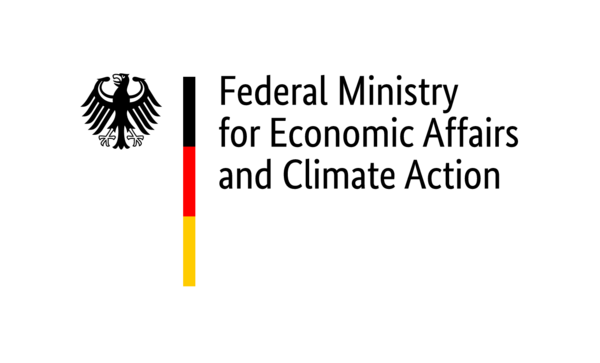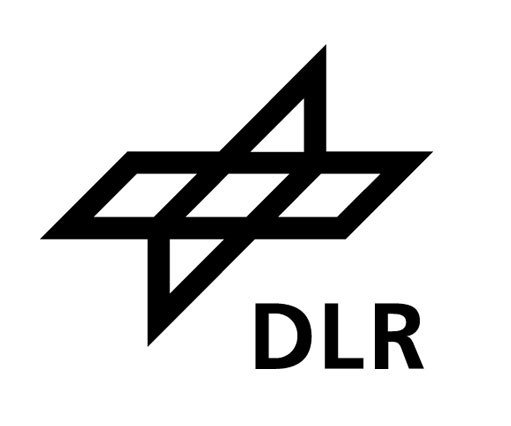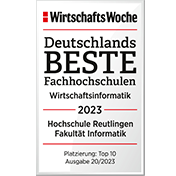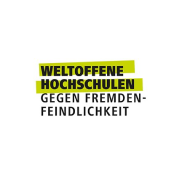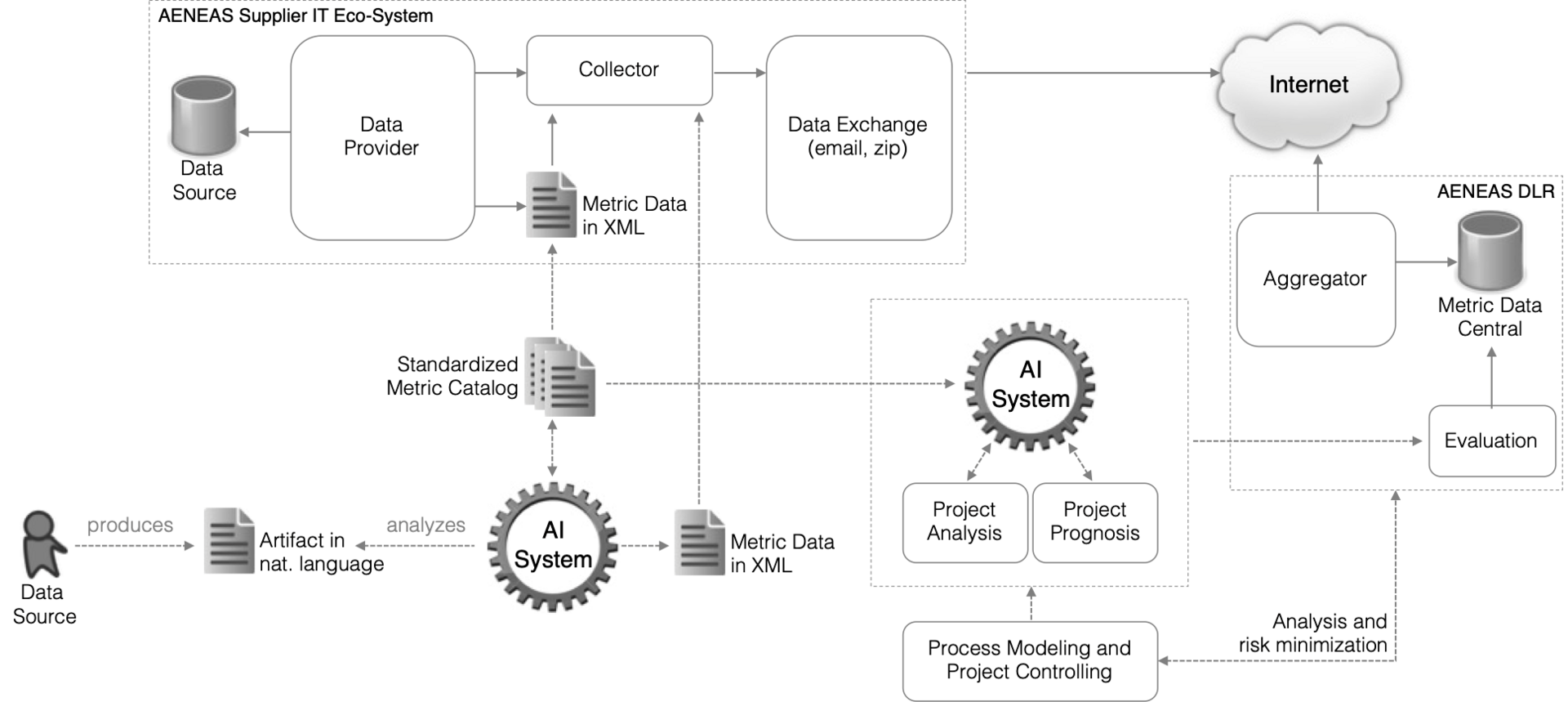
Analyse der Nutzung von KI für AENEAS (ANUKI)
Monitoring and controlling software and system development projects involves a great deal of effort due to the complexity of the projects. Following a ‘perceived’ project status in decision-making processes is inappropriate and, given the nature of software projects in the aerospace industry, grossly negligent. The systematic and risk-driven project management required for this must be based on objective and clearly measurable quality indicators, so-called metrics. Fact-based decision-making is only possible on the basis of reliable figures.
Due to the size and complexity of space projects, which are usually carried out in international cooperation, the selection, recording and interpretation of the metrics relevant to a project is not easy, as they must be clear, objective, appropriate and meaningful, among other things. Even here, difficulties can arise in both internal and cross-project coordination, for example between the client and contractor. Are the same metrics used by all parties? Is the data collection comparable - and therefore also the data analysis? Are all the metrics used understood and interpreted in the same way by the parties involved?
The solution approach of the ANuKI project essentially consists of three parts:
- Acquisition of measurement data: Building on the structure of the predecessor project AENEAS, relevant artefact types (code, requirements, etc.) are to be identified. Relevant metrics are to be identified for these artefact types and recorded in a standardised metrics catalogue. For the identified metrics, the extent to which AI can be used to capture these metrics will be analysed. A particular focus here is on the handling of requirements in natural language.
- Utilisation of measurement data: Relevant use cases are to be identified for the utilisation of the captured data. In particular, relevant (sub)processes should be identified and modelled so that suitable AI techniques can be applied to the measurement data.
- Linking measurement data and project controlling: The potential applications arising from the use of measurement data for project controlling are to be investigated. This potential is to be analysed using the previously identified, selected (sub)processes.
The specific task for the ANuKI project is therefore to To analyse the possibilities offered by AI in automated data acquisition and use of the acquired data.
Term
Funding body
Sponsors
Project results
The ANuKI project has generated a wide range of project results. The software components created in the project and explanatory videos can be found on GitHub and on YouTube:
Publications
Nine scientific publications were produced in ANuKI:
- K. Vasylieva, M. Kuhrmann, M. Xavier and J. Klünder: How Agile Are you? Discussing Maturity Levels of Agile Maturity Models. 49th Euromicro Conference on Software Engineering and Advanced Applications (SEAA), 2023
- K. Vasylieva, S. Küpper, and M. Kuhrmann: Breaking old Habits: On Success Factors in Software Process Improvement. Proceedings of the International Conference on Software and Systems Processes (ICSSP), 2024
- K. Vasylieva, T. Brenner, M. Kuhrmann and J. Münch: Enhancing Transparency in Space Metrics Use: Insights from an Initial Study. Product-Focused Software Process Improvement (PROFES), 2024
- P. Beyersdorffer, J. Münch, M. Kuhrmann: Alignment of Quality Models for Assessing Software Requirements in Large-scale Projects: A Case from Space. (ICE/ITMC), 2023: 1-9
- R. Korfmann, P. Beyersdorffer, J. Münch, M. Kuhrmann: Using Data Augmentation to Support AI-based Requirements Evaluation in Large-scale Projects. 31st European Conference Systems, Software and Services Process Improvement (EuroSPI), Springer, 2024
- R. Korfmann, P. Beyersdorffer, R. Gerlich, J. Münch, M. Kuhrmann: Overcoming Data Shortage in Critical Domains With Data Augmentation for Natural Language Software Requirements. Journal of Software: Evolution and Process, 37(5), Wiley, 2025
- M. Bülbül, P. Straub, J. Münch, M. Kuhrmann: Towards Generating Measurable Artifact Models from Standards in Regulated Domains. (Profes,) 2024
- J. C. Guzman, H. Dörr, C. Gruber, J. Münch, M. Kuhrmann: On the Derivation of Quality Assurance Plans from Process Model Descriptions. (Profes), 2024
- J. C. Guzman, H. Dörr, T. Brenner, R. Gerlich, J. Münch, M. Kuhrmann: Towards Generating Compliance Action Plans: A Discussion of Needs and Opportunities. (Profes), 2024
Your contact person
![[Translate to English:] [Translate to English:]](/fileadmin/_processed_/1/2/csm_Kuhrmann_a07b1ee322.jpg)
